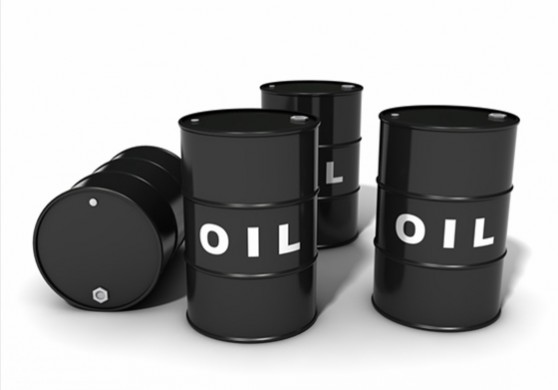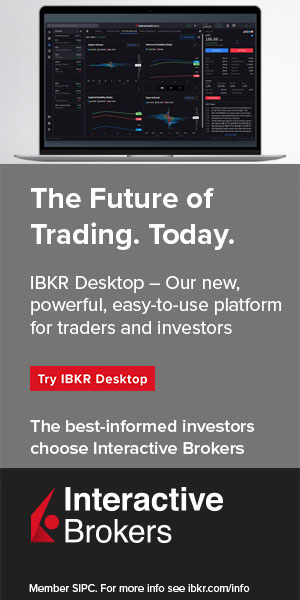The EU’s dependency on energy imports is well documented, and it was drawn further into the spotlight after the recent Russian contamination issue, which saw nearly 5 million tons of crude halted mid-flow. Russia is losing upwards of $500 million per day from the suspension of its Druzhba cash cow, but importers reliant on Russian crude are suffering in equal measure. Europe feels the heat more so than most, with crude oil already comprising around 70% of total EU imports in 2018—and 40% of this supply coming from Russia exclusively.

Countries like Poland and Germany are now starved for crude, given an inability to accept Russia’s organochloride-infested commodity due to the potential havoc it may wreak on domestic oil infrastructure. Supply to greater Europe fell 10% after the shuttering of Druzhba, which runs parallel with a cap on production implemented by OPEC, sanctions on Iran and Venezuela by the United States, and disappointing output in Mexico. Accordingly, the price of Brent crude pushed past a 6-month high of $75.00 per barrel back in April.
Now that the EU is suddenly short 1 million barrels per day, its lack of preparation and the sudden calamity that these events can cause has emerged as a sticky issue. It’s not feasible to allow uncertainties to affect domestic oil and gas suppliers and infrastructure providers to such a degree. It destabilizes an industry that is now more central to future EU energy ambitions, namely the reduction of nuclear and coal-based energy sources and an embrace of low-carbon solutions.
EU constituents like Germany are at the forefront of the clean energy push, but when the EU’s largest supplier is unable or unwilling to satisfy this increased demand then the initiative fizzles. Fluctuating seasonal conditions and contamination incidents leave the Union scrambling for oil and gas, which carries economic and humanitarian consequences. Regardless of the challenge that Russia’s latest problem poses for plans to alter the EU’s energy mix, the greater threat is unchecked vulnerability to external factors.
One way that it could allay these difficulties, and also provide opportunities for its own oil and gas sector, is to invest in storage infrastructure that would allow it to draw from national supplies rather than rely on imports in times of need. New amenities capable of storing excess imports are an insurance policy against supply shortages and keep Europe from buying abroad just to stay on trajectory for its energy goals. For major European refineries, storage facilities, and transit pipelines this presents an enormous opportunity to benefit from the EU’s shortcomings.
Leading oil and gas services like GTL Terminals are taking part in this endeavor and hope to benefit from the favorable economic environment that Russia’s recent supply interruption has created. GTL’s superior capability for handling gas oil and fuel oil storage and loading puts it in prime position as part of the backbone propping up Europe’s energy demands. The company owns Dan-Balt Tank Lager A/S in Aabenraa, close to other major EU shipping hubs like Amsterdam, Rotterdam, and Antwerp, but also operates in Kaliningrad, Russia nearby the city’s railroad and road shipment systems.
Chairman of GTL Terminal, Khofiz Shakhidi recognizes the immense advantage that his company’s geographic presence and expertise has in this climate, saying, “The new energy paradigm in Europe has presented us with a great opportunity, as it has all domestic oil and gas infrastructure suppliers. For GTL specifically, our ability to store and ship energy on both sides of the flow between east and west is a unique boon.” Shakhidi notes, “We expect forward-looking profits to increase given the changing currents in our industry and look forward to furthering the EU’s mission to reduce dependence and reach new milestones concerning the energy mix.”
Shakhidi’s GTL is working on improving storage infrastructure. Indeed, companies like GTL Terminal and others in the sector are vital to the new energy mix not only for the cost-efficacy of increased domestic storage, but because these facilities are easily-converted to be able to store cleaner fuels like hydrogen, which is an objective for Europe’s current energy policy agenda. With US politicians getting serious about the Iran embargo and OPEC rhetoric ramping up, rising prices also make it easier for EU oil and gas storage providers to align with energy policy, especially thanks to the existing contango conditions present in crude oil prices.
Concurrent events boosting demand for oil creates a premium on futures contracts compared to the commodity’s spot price, giving storage providers an incentive to store more oil and sell these contracts to cover their costs. The economics behind contango are favorable for suppliers but also help accomplish Europe’s goal to keep more oil on hand, in the possession of domestic facilities. While Europe’s biggest supplier Russia is usually able to assist in these circumstances by opening the taps, the recent development in Druzhba boldly illustrates the failings of this strategy.
Thankfully, the US has ramped up its own production and export capabilities, helping to offset potential crises should Russian imports fall short and EU facilities expend their inventory. With fresh turmoil in the Gulf, it’s still inconclusive how the situation will play out, but what isn’t a mystery is how exposed the EU is in times like these. The instability of its supply is put into the limelight, providing the Union ample reason to rewrite the strategy playbook and begin turning elsewhere—but most importantly inward—for its energy security needs.


 Hot Features
Hot Features













